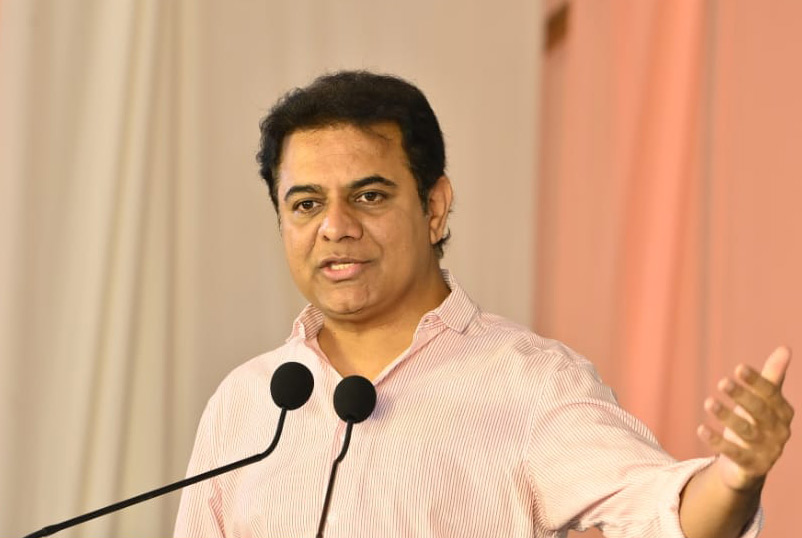
K.T. Rama Rao (KTR), a former minister and prominent leader of the Bharat Rashtra Samithi (BRS), has openly opposed the Indian Navy’s establishment of a Very Low Frequency (VLF) radar station in Vikarabad.
The project, which Defence Minister Rajnath Singh laid the foundational stone for, aims to bolster India’s naval communication capabilities, marking it as the second such facility in the country after Tamil Nadu.
Why does KTR object to a radar station?
KTR’s opposition stems from deep-seated concerns over the ecological impact on the Damagundam forest area, which is not only a biodiversity hotspot but also the origin of the Musi River, a critical water source for Hyderabad.
KTR argues that the development could lead to irreversible damage to the environment. His contention focuses on the contradiction between the state’s initiatives, like allocating 1.5 lakh crore rupees to the Musi River beautification project, and the potential adverse effects of the radar station.
KTR’s stance has placed him at odds with the central government’s defense initiatives and sparked a broader discussion on development versus conservation.
The environmental debate has been further fueled by groups like the Damagundam Adavi Parirakshana Vedika, which argues that the project threatens the ecological balance, potentially affecting 2,900 acres of forest land.
Union Minister Kishan Reddy defends the project
Union Minister G Kishan Reddy has defended the project, dismissing KTR’s objections as politically motivated.
Mr. Reddy highlighted that the radar station not only serves national security but also adheres to environmental protocols, with less than 1,000 trees being affected, contrary to claims of deforestation.
He emphasized the project’s alignment with previous government decisions, pointing out that the land for this project was allocated during the tenure of KTR’s father, K. Chandrashekar Rao when he was the Chief Minister under the then Telangana Rashtra Samithi (TRS).